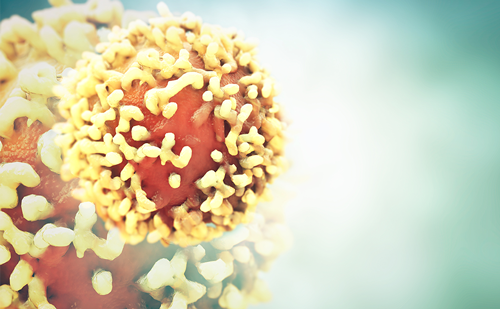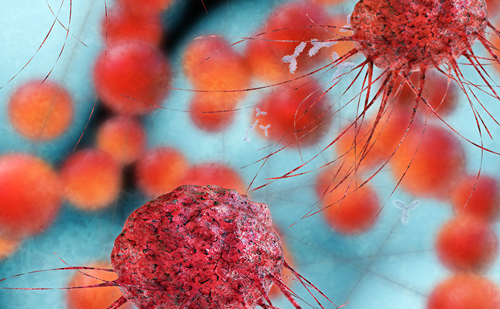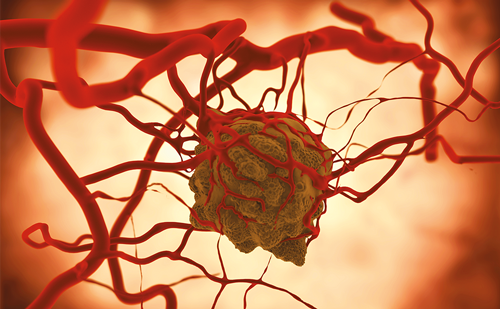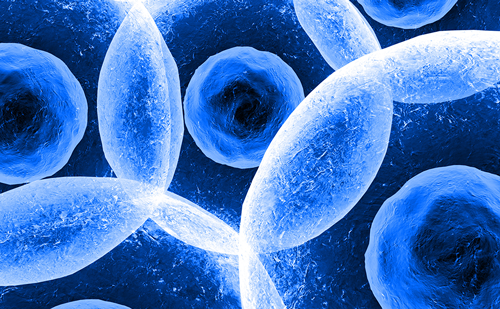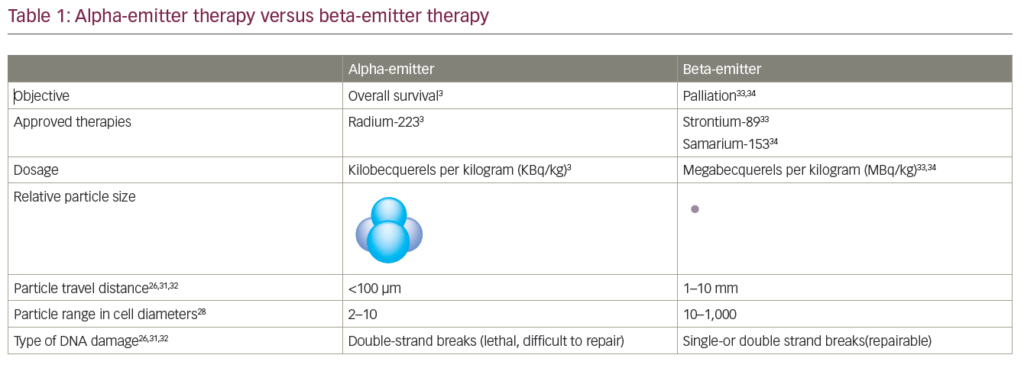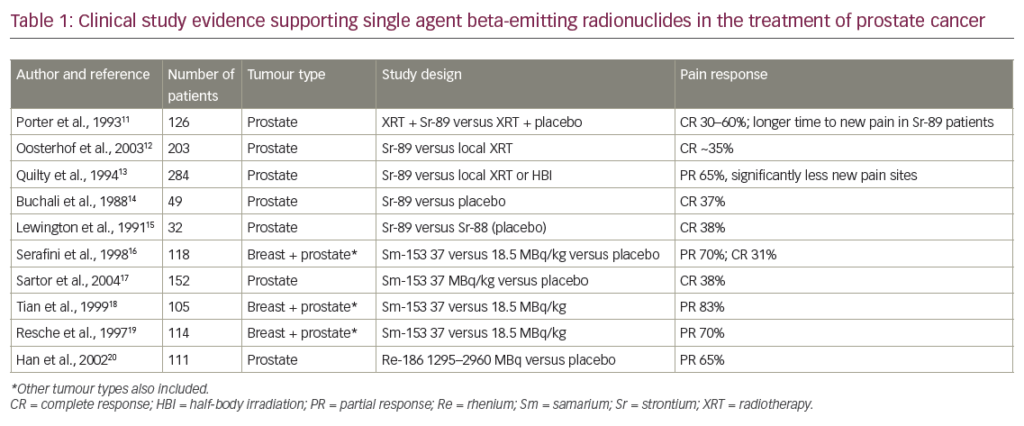Welcome to the summer edition of European Oncology and Haematology. This issue features a wide variety of articles that illustrate the increasingly personalised, multidisciplinary approach to the management of cancer and haematological diseases.
We begin with three expert interviews, which aim to give a snapshot of topical issues in haematology and haematological malignancies. Maria Domenica Cappellini provides an overview of Gaucher disease, including the characteristic features physicians should be looking for. Javier Munoz discusses the latest findings of the ZUMA-1 study, which provides long-term efficacy and safety data for the CAR-T cell therapy axicabtagene ciloleucel in patients with relapsed/refractory large B-cell lymphoma.
The contribution of cancer nurses is crucial to meet the needs of the growing numbers of people being diagnosed with cancer. In an editorial, Daniel Kelly examines the increasing complexity of the cancer nurse’s role, as well as the increased expectations of patients and families, and emphasises the need for better recognition of cancer nursing across Europe.
We conclude with four review articles that highlight the scope of the field of oncology. Investigation of dendritic cells (DCs) as therapeutic cancer vaccines is an active area of clinical research. Lozano et al. review the challenges of harvesting, enrichment, maturation, antigen loading and administration of DCs, as well as discussing their potential role in cancer therapy. Coleman and Ledermann review the evidence supporting the efficacy and safety of PARP inhibitors in recurrent ovarian cancer. Despite therapeutic advances increasing survival, many women with ovarian cancer ultimately experience disease relapse.
Midostaurin is the first oral fms-related tyrosine kinase 3 (FLT3) inhibitor to significantly extend survival for patients with FLT3-mutated acute myeloid leukaemia in combination with standard chemotherapy. In a review, Gert Ossenkoppele considers a number of factors to optimise its use in patients most likely to benefit from this therapy.
Finally, Theodoros Vassilakopoulos and Boris Böll review novel and emerging treatments in the treatment of elapsed/refractory disease Hodgkin lymphoma. Although Hodgkin lymphoma has a high cure rate in patients with early stage disease, the treatment of patients with advanced and relapsed/refractory disease remains an important unmet medical need.
European Oncology and Haematology would like to take this opportunity to thank all participants on this edition. We would like to thank our contributors and reviewers for providing us with insightful and informative review articles. We are grateful to members of our editorial board for their continued involvement and advice. Thanks also go to all organisations and media partners for their ongoing support. We hope that you will find this edition an enjoyable and thought-provoking read.




